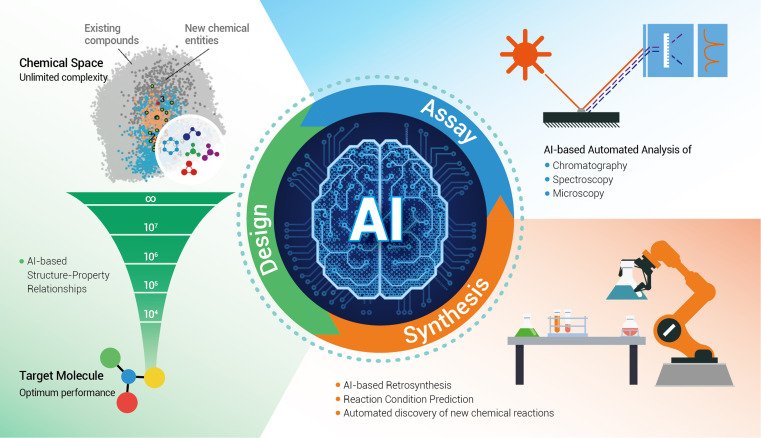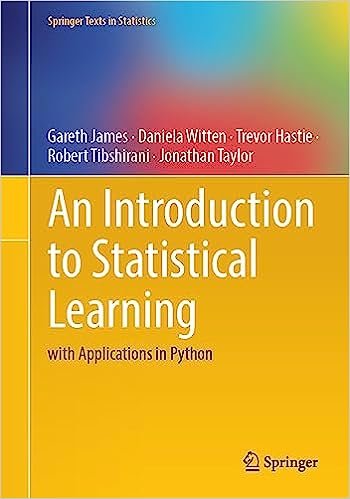Prime 5 AI Instruments And Libraries for Knowledge Scientists

Listed below are the highest 5 AI instruments and libraries for knowledge scientists
Knowledge science has grow to be an indispensable discipline in at present’s data-driven world. As companies and industries harness the facility of information, knowledge scientists play a vital position in analyzing, deciphering, and extracting beneficial insights from huge datasets. Synthetic Intelligence (AI) has emerged as a game-changer in knowledge science, empowering knowledge scientists with highly effective instruments and libraries to reinforce their capabilities. On this article, we are going to discover the highest 5 AI instruments and libraries which have revolutionized the info science panorama, enabling knowledge scientists to sort out complicated issues and drive innovation.
1. TensorFlow:
TensorFlow, developed by the Google Mind crew, is likely one of the hottest open-source libraries for machine studying and deep studying. Its flexibility and scalability make it a go-to selection for knowledge scientists engaged on numerous AI tasks. TensorFlow permits customers to construct and practice neural networks effectively, making it appropriate for each rookies and seasoned knowledge scientists.
The library’s defining characteristic is its computational graph, representing knowledge movement by nodes and edges. This allows parallel processing and optimization, making TensorFlow a wonderful selection for large-scale machine-learning duties. With TensorFlow 2.0, the library turned extra user-friendly, with an keen execution mode that simplifies mannequin improvement and debugging.
2. PyTorch:
PyTorch is one other widely-used open-source machine studying library identified for its dynamic computation and intuitive interface. Developed by Fb’s AI Analysis lab (FAIR), PyTorch has gained recognition for its ease of use and dynamic nature, making it extra Pythonic and user-friendly than TensorFlow.
Knowledge scientists recognize PyTorch’s computerized differentiation capabilities, which make it straightforward to construct complicated neural community architectures and carry out customized operations on tensors. Its seamless integration with Python and assist for GPU acceleration improve its attraction to knowledge scientists who prioritize prototyping and experimenting with new fashions.
3. Scikit-learn:
Concerning conventional machine studying, sci-kit-learn is the go-to library for knowledge scientists. This open-source library is constructed on prime of NumPy and SciPy and provides a wealthy assortment of algorithms for classification, regression, clustering, and extra duties. Scikit-learn’s easy API and complete documentation make it an excellent selection for knowledge scientists at any degree of experience.
Scikit-learn’s user-friendly interface permits knowledge scientists to experiment with numerous algorithms rapidly and effectively. It additionally supplies beneficial instruments for knowledge preprocessing, mannequin choice, and analysis, enabling knowledge scientists to construct strong and correct machine-learning fashions.
4. Keras:
Keras is an open-source deep-learning library that serves as an interface for constructing and coaching neural networks. Initially developed as a user-friendly high-level API for TensorFlow, Keras gained immense recognition for its simplicity and ease of use. It supplies a quick and environment friendly means for knowledge scientists to experiment with completely different deep-learning architectures.
Keras’s modular design permits customers to create complicated neural networks with minimal code, making it a wonderful selection for speedy prototyping. Moreover, Keras helps each CPU and GPU acceleration, enabling knowledge scientists to leverage the complete energy of their {hardware} to coach deep studying fashions effectively.
5. H2O.ai:
H2O.ai is an AI platform that facilitates machine studying and AI-driven enterprise functions. The platform provides instruments and libraries that allow knowledge scientists to work seamlessly with giant datasets and construct extremely performant fashions. H2O.ai is famend for its distributed computing capabilities, permitting customers to scale machine studying duties throughout a number of nodes.
The platform helps numerous classification, regression, clustering, and anomaly detection algorithms. Its AutoML characteristic automates the mannequin choice and tuning course of, making it a beneficial instrument for knowledge scientists who need to streamline their workflows and maximize productiveness.
Conclusion:
Knowledge science and AI have grow to be inseparable in at present’s technological panorama. As knowledge scientists attempt to extract insights from complicated datasets, AI instruments, and libraries have grow to be indispensable for his or her success. TensorFlow and PyTorch paved the way within the deep studying area, with TensorFlow excelling in scalability, whereas PyTorch provides a extra Pythonic and dynamic method. Scikit-learn stays the gold customary for conventional machine studying duties, offering a complete set of algorithms and instruments for knowledge scientists. Keras, with its user-friendly interface, is ideal for quickly prototyping deep studying fashions. Lastly, H2O.ai serves as a strong platform for enterprises with its distributed computing capabilities and AutoML options.





